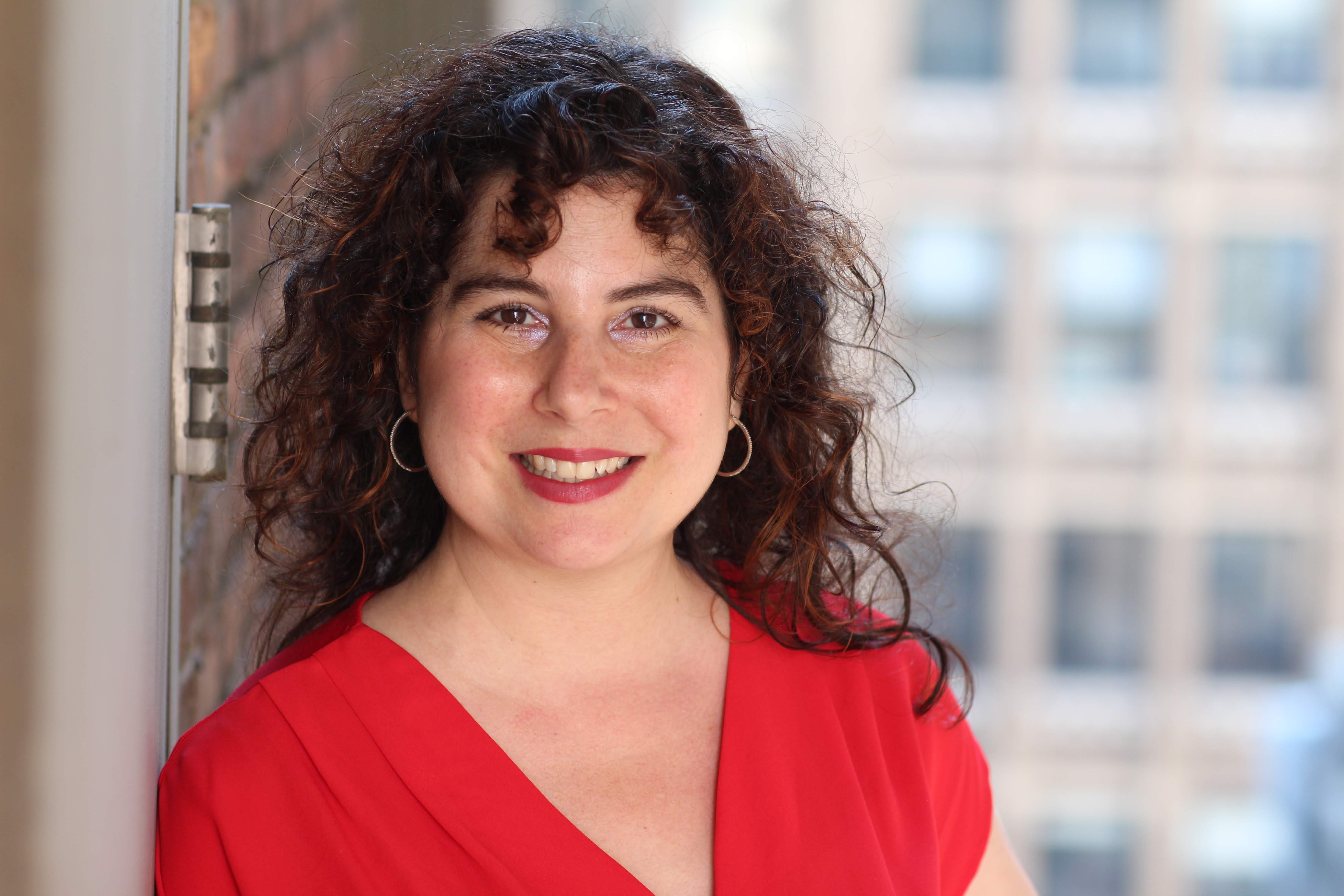In her second post as a newly-minted grad student, Jenny discusses how the decision to "coach" her professor led her, as someone who's worked inside the public school system for many years, to reflect on the importance of finding ways of increasing student ownership of their education
A week before I started my graduate school journey, I learned of a website called ratemyprofessors.com and I winced. I'm not a huge fan of voluntary and anonymous public judging and I'm cynical about a student's ability to provide objective feedback on her teacher. But, naturally, I looked up my professors anyway.
One received a rating of 1.4 out of 5. Comments were along the lines of "extremely difficult", "take at your own risk," and "good luck." I was nervous. This would be my first purely academic class in 18 years. I asked my husband if I should change to a different section of the course. He gave me the don't-be-childish-it's-graduate-school-and-this-is-what-you-signed-up-for look. I reread the ratings.
There were only five entries, so this could in no way be considered a statistically significant sample. I reviewed the comments and found sentiments such as "his expectations are extremely high of his students since this is a grad course" and "you really have to be on top of the work." Well, yeah. This is a grad course. This is what I signed up for.
My leadership senses kicked in. I read in between the lines. I thought to myself, I bet he's an old-fashioned chalk and talk professor, but that's cool with me. That's how I came up.
And that's exactly what he was.
On the first day of class he told us that he would lecture and write things on the board and that we should copy those things down and then study our notes. He invited us to ask questions and extolled us to get his attention if his back was turned. He welcomed us to see him during office hours and wondered aloud why no one ever took him up on the invitation.
At the break one of my fellow students said, "is this guy boring or what?" I blurted back, "I think he's shy and funny. He just doesn't know he's funny and he needs us." My colleague clearly thought I was insane, but I knew I was right. After all, I coach facilitators for a living.
I made it my mission to secretly coach my professor. I stayed alert. I asked questions. I laughed a little too obviously at moments of humor or irony. I figured, this is my education (and my money) and it's my responsibility to get what I need. As it turned out, I wasn't the only student who felt this way. At some point during the second class, we subconsciously adopted our professor. We made jokes. He made jokes. We were patient while he clarified his thoughts—have I mentioned that English is his second language? He was patient with our frustrations. We brought real-world situations and solicited his opinion. We were outspoken in confessing that the work was hard. He agreed. He admitted it was hard for him years ago and the only remedy was time and practice. He wasn't sympathetic or apologetic. He was realistic and rigorous. That might not have been the response we wanted, but it was what we needed.
I have become full of respect and gratitude for this "take at your own risk" professor. He gave me what I needed. What I was paying for. And part of getting what I needed required that I "ask" for it, in this case by stepping forward and grasping onto what I wanted. By treating my education as a two-way street. We did this as a class and it has made all the difference (our professor divulged that we are his only section in which most heads nod in agreement as opposed to shake in bewilderment).
So how can we encourage our students to reach out to us? To ask for what they need? To take the lead when they are bored or confused? They are not professionals. They are not paying for school and they have no choice but to attend. Perhaps it is too much to expect a 10-year old to be responsible for 50% of her educational experiences. But I don't think 10% is too much to ask.
What are your methods for increasing student ownership of their own education? Tweet 'em at me Tweet to @jrgreeman
Jenny Greeman is an artist an educator living in NYC. She is a Program Manager at The Leadership Program and an artistic associate with New Perspectives Theatre Company and Dark Lady Players. She is in her first semester as a Master of Public Administration candidate at Baruch College.


Comments [0]
Click here to read/write comments